With its warm and inviting aroma, Cinnamon is a popular spice known for its culinary and medicinal applications. One of the delightful ways to harness its benefits is by incorporating it into herbal teas. Herbal teas have been cherished for centuries for their soothing, therapeutic properties, and Cinnamon adds a delightful twist to these beverages.

This exploration will delve into the world of cinnamon-infused herbal teas. We’ll unravel the rich history of Cinnamon, delve into the potential health benefits of this spice, and discuss how its synergy with various herbs in teas can create an enticing fusion of flavors and wellness.
By the end of this journey, you’ll be equipped with a deep understanding of why cinnamon herbal teas are a delightful addition to your daily routine.
The Origins of Cinnamon
Cinnamon, a beloved spice with a rich history, originates in the inner bark of trees belonging to the Cinnamomum family. Native to Sri Lanka, known as “Ceylon,” and parts of India, it has been traded for over 4,000 years. Ancient Egyptians used it in embalming, a prized commodity in the Roman Empire.
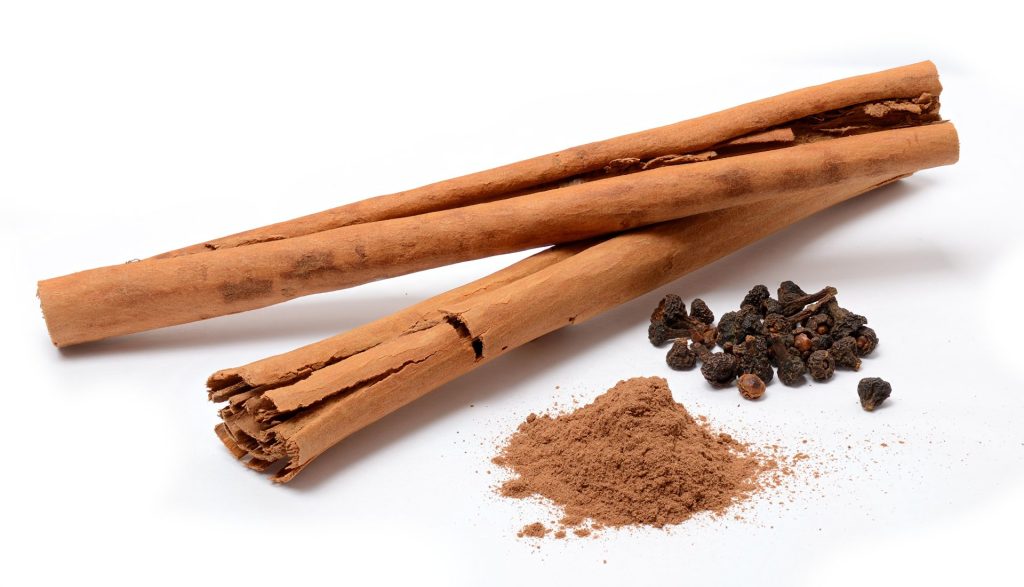
In the medieval era, Cinnamon symbolized wealth and power in Europe, leading to explorations in search of its source. These explorations eventually revealed the true origins in Southeast Asia, including Indonesia and Sri Lanka. Today, Cinnamon remains a global culinary staple, cherished for its distinctive flavor and aroma.
Health Benefits of Herbal Teas
Herbal teas, derived from the infusion of various plants, seeds, roots, and leaves, offer a range of health benefits beyond their delightful flavors. These teas have been used for centuries for their therapeutic properties.
- Antioxidant Properties: Many herbal teas are rich in antioxidants, such as flavonoids and polyphenols, which help combat oxidative stress and reduce the risk of chronic diseases.
- Digestive Aid: Peppermint and ginger teas can alleviate digestive issues like indigestion, bloating, and nausea. They relax the gastrointestinal muscles and soothe discomfort.
- Stress Reduction: Chamomile and lavender teas have calming effects, reducing anxiety and promoting better sleep. They’re often used to alleviate stress and insomnia.
- Immune Support: Echinacea and elderberry teas are known for their immune-boosting properties, helping the body fend off infections and colds.
- Anti-Inflammatory: Turmeric and ginger teas contain anti-inflammatory compounds that may ease joint pain and reduce inflammation.
- Weight Management: Green tea, often classified as an herbal tea, contains catechins that can aid in weight loss by increasing metabolism and fat oxidation.
- Heart Health: Hibiscus tea can lower blood pressure and cholesterol levels, contributing to heart health.
- Antibacterial and Antiviral: Some herbal teas like thyme and oregano have natural antibacterial and antiviral properties that can help combat infections.
- Liver Detoxification: Dandelion and milk thistle teas are known for their potential to support liver function and aid in detoxification.
- Skin Health: Rooibos tea is rich in antioxidants and may promote healthier skin by combating free radicals.
It’s important to note that individual responses to herbal teas can vary and should not be considered a replacement for medical treatment. Consult with a healthcare professional before using herbal teas for specific health concerns, mainly if you are pregnant, nursing, or taking medications.
The role of Cinnamon in herbal tea blends
Cinnamon plays a prominent role in herbal tea blends, imparting flavor and health benefits. Its warm, sweet, and slightly spicy taste enhances the overall profile of teas, making them more palatable. Beyond flavor, Cinnamon offers potential health advantages, as it is rich in antioxidants and has anti-inflammatory properties.
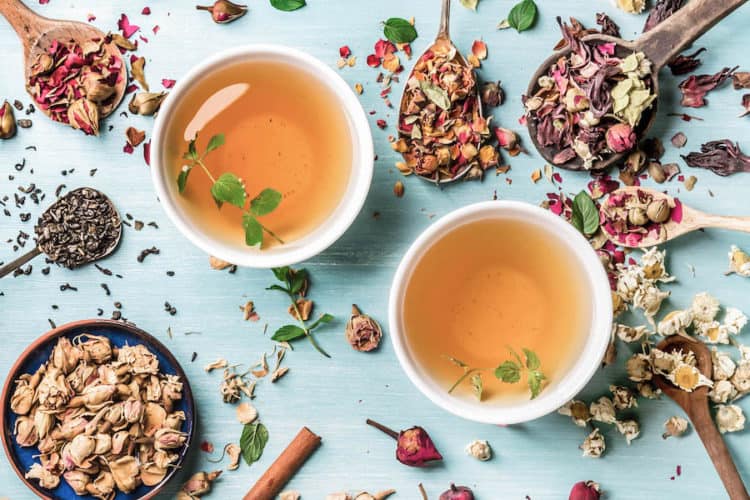
When added to herbal tea blends, it can help soothe digestive discomfort, enhance metabolism, and provide a comforting and aromatic element. Cinnamon often pairs harmoniously with other herbs and spices like ginger, cloves, or cardamom, creating diverse, flavorful concoctions that satisfy the palate and offer a range of therapeutic effects, making it a staple in many herbal tea recipes.
Can Cinnamon Herbal Tea Blends Control Blood Sugar?
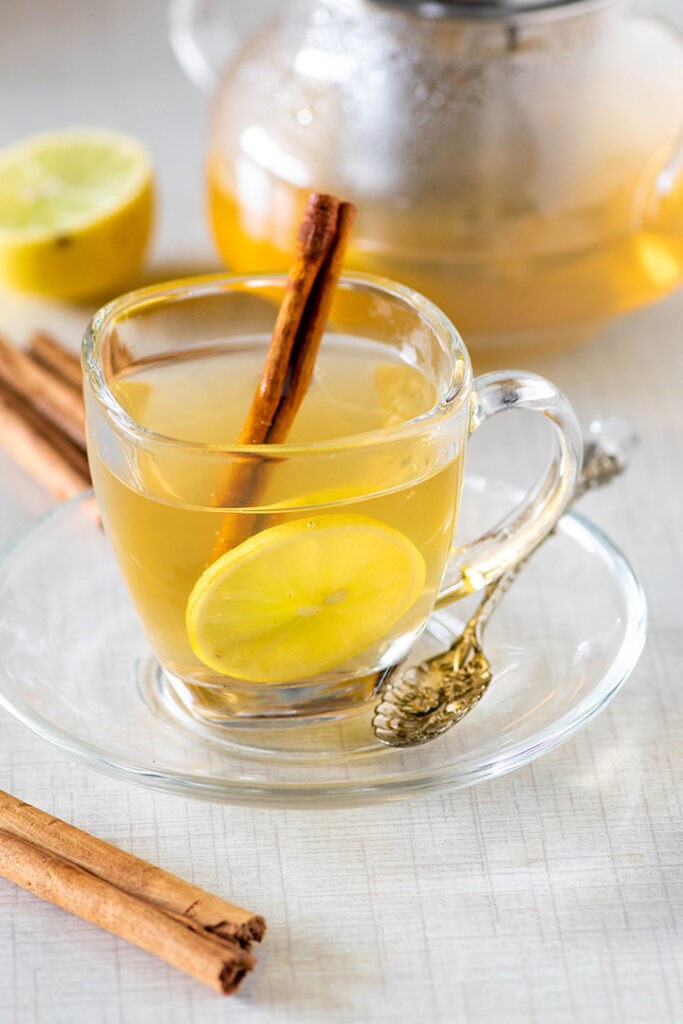
Cinnamon herbal tea blends may help regulate blood sugar levels, primarily due to the presence of Cinnamon, which contains bioactive compounds that enhance insulin sensitivity. Cinnamon can potentially lower blood sugar levels by improving insulin function, making it a valuable addition to diabetic management.
However, its effects may vary among individuals, and it is not a substitute for prescribed medications or a balanced diet. While Cinnamon herbal teas can be a part of a healthy lifestyle for those looking to support blood sugar control, consultation with a healthcare professional is crucial for those with diabetes or concerns about blood sugar management.
What types of Cinnamon are used in herbal teas?
Cinnamon, a popular spice, is used in herbal teas to add flavor and aroma. The two primary types of Cinnamon found in herbal teas are Ceylon cinnamon (Cinnamomum verum) and Cassia cinnamon (Cinnamomum cassia). Ceylon cinnamon, often considered “true” Cinnamon, has a delicate, sweet, and citrusy flavor.
It is preferred in teas for its milder taste. On the other hand, Cassia cinnamon has a more substantial, spicier, and more robust flavor and is commonly used in many spiced teas and chai blends. Both varieties offer a warm, comforting essence to herbal teas and are cherished for their potential health benefits.
Herbal teas often use two primary types of Cinnamon: Ceylon cinnamon (Cinnamomum verum) and Cassia cinnamon (Cinnamomum cassia). Ceylon cinnamon, also known as “true” Cinnamon, is milder and sweeter in flavor with a more delicate aroma.
It is often preferred for herbal teas due to its subtle profile. On the other hand, Cassia cinnamon has a more robust, spicier taste and is commonly found in many commercial cinnamon products. While both varieties offer a warm, comforting note to herbal teas, Ceylon cinnamon is generally favored for its more nuanced and balanced flavor. In contrast, Cassia cinnamon’s intensity may dominate the tea’s taste if not used sparingly.
Are there any potential side effects or allergies to be aware of Cinnamon Herbal Tea?
Consuming cinnamon herbal tea in moderation is generally safe for most people. However, there are potential side effects and allergies to be aware of. Some individuals may be allergic to Cinnamon, experiencing symptoms like itching or swelling. Additionally, excessive consumption of Cinnamon can lead to digestive issues or mouth and throat irritation due to its natural compounds.
Cassia cinnamon, in particular, contains higher levels of coumarin, which, when consumed in excess, can be harmful to the liver. Pregnant or nursing women and people taking medications should consult a healthcare professional before regularly drinking cinnamon tea, as it may interact with certain drugs or pose risks in high amounts.
Can Cinnamon herbal tea help with weight management?
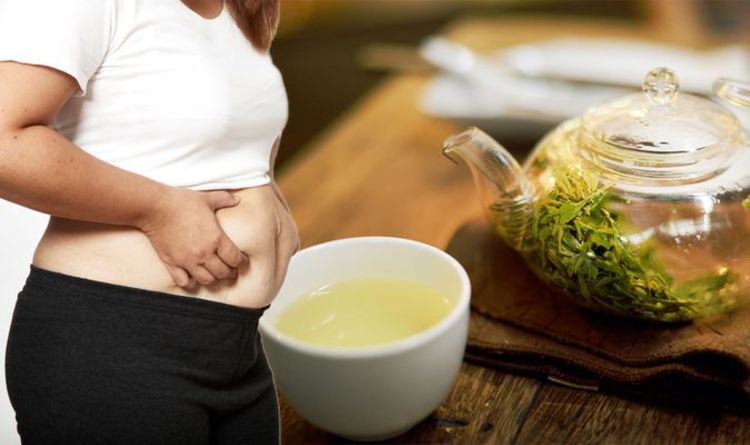
Cinnamon herbal tea is often touted for its potential role in weight management, but its effects are modest.
Cinnamon may help stabilize blood sugar levels by improving insulin sensitivity, reducing sugar cravings, and enhancing metabolism.
This can aid in controlling appetite and preventing overeating. However, it’s not a magic solution and should be part of a balanced diet and regular exercise routine for effective weight management.
Cinnamon tea can also contribute to well-being by promoting digestion and reducing inflammation. It’s a valuable addition to a healthy lifestyle but should not be relied upon as the sole method for weight loss.
What are some popular combinations with Cinnamon in herbal teas?
Cinnamon pairs harmoniously with various ingredients in herbal teas, creating flavorful and aromatic blends. Popular combinations include:
- Cinnamon Apple: Cinnamon complements the natural sweetness of apple pieces for a comforting and cozy infusion.
- Chai Spice: Cinnamon combines ginger, cardamom, cloves, and black tea to create a robust and spicy chai blend.
- Cinnamon Orange: The zesty, citrus notes of orange peel enhance Cinnamon’s warmth, resulting in a refreshing and fragrant tea.
- Cinnamon Vanilla: Vanilla bean or extract adds a creamy, sweet dimension to cinnamon tea, creating a dessert-like treat.
- Cinnamon Ginger: Ginger’s spiciness pairs well with Cinnamon’s warmth, offering a soothing and refreshing blend, often used for digestive benefits.
- Cinnamon Rooibos: Cinnamon enriches the earthy flavor of rooibos, producing a caffeine-free and antioxidant-rich infusion.
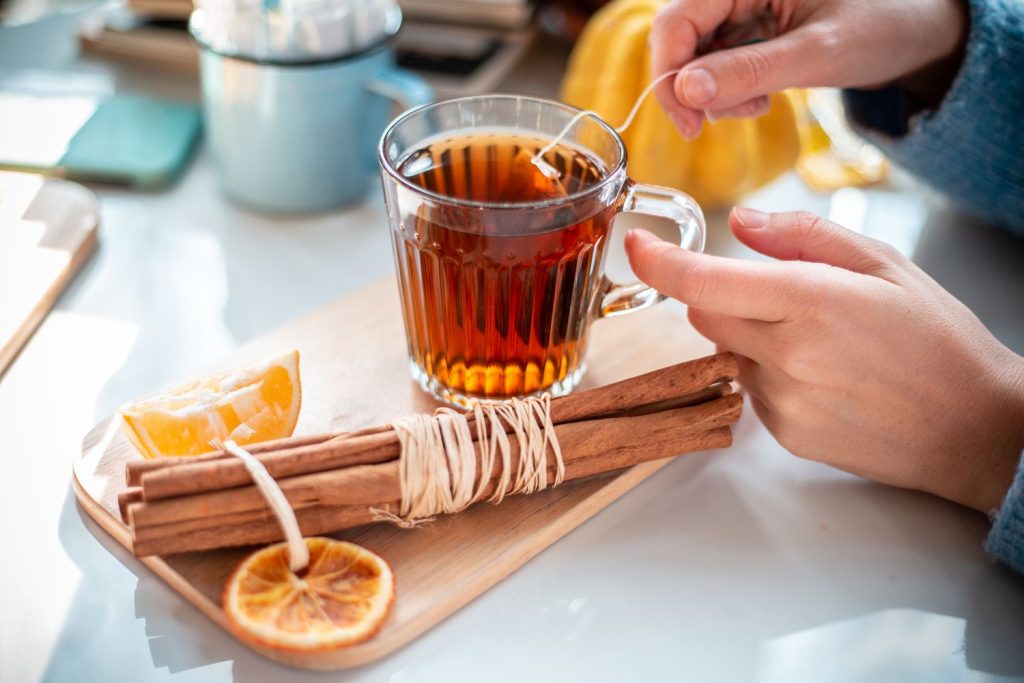
Can I drink Cinnamon herbal tea every day, and are there any limitations?
You can generally enjoy cinnamon herbal tea daily in moderation. Cinnamon offers potential health benefits, such as improved blood sugar regulation and antioxidant properties. However, excessive consumption may lead to liver issues due to coumarin in Cassia cinnamon. To minimize risks, choose Ceylon cinnamon, which has lower coumarin content.
Pregnant or nursing individuals, those on medications, or those with liver conditions should consult a healthcare professional before daily consumption. Additionally, ensure a varied diet and consider rotating your herbal tea choices to avoid overexposure to any one ingredient as part of a balanced approach to wellness.
Can cinnamon herbal teas interact with medications?

Yes, cinnamon herbal teas can potentially interact with medications. Cinnamon may affect blood sugar levels, and when combined with diabetes medications, it can lead to hypoglycemia. It might also interact with anticoagulants, affecting blood clotting. Cinnamon’s compounds can interact with drugs metabolized by the liver enzymes, potentially altering their effectiveness.
If you’re taking medications, especially for diabetes, blood clotting issues, or liver conditions, it’s essential to consult a healthcare professional before regularly consuming Cinnamon herbal tea. They can provide guidance and ensure your tea consumption doesn’t interfere with your medication’s efficacy or safety.
Is it safe to drink cinnamon herbal tea during pregnancy or while breastfeeding?
Cinnamon herbal tea is generally safe during pregnancy and breastfeeding when consumed in moderation as part of a balanced diet. However, it’s essential to exercise caution and consult a healthcare professional. Cassia cinnamon, which is more commonly used, contains higher levels of coumarin, which can be harmful to the liver and should be limited during pregnancy. Ceylon cinnamon is a safer choice due to its lower coumarin levels.
Additionally, excessive cinnamon consumption may lead to digestive discomfort. Pregnant and breastfeeding individuals should consult their healthcare provider for personalized advice and ensure that cinnamon herbal tea doesn’t interfere with their specific health conditions or medications.
What is the best time of day to enjoy cinnamon herbal tea?
The best time to enjoy Cinnamon herbal tea depends on your preferences and needs. Cinnamon tea is versatile and can be enjoyed at various times of the day. It can provide a warm, comforting start to your day in the morning or as an afternoon pick-me-up due to its mild, energizing qualities.
It can be a soothing, caffeine-free option in the evening, especially when combined with relaxing ingredients like chamomile or lavender. Many people also find it comforting before bedtime due to its cozy, aromatic nature. Ultimately, the best time to enjoy Cinnamon herbal tea is when it aligns with your taste and lifestyle.
Conclusion
Cinnamon herbal teas are not just beverages but a harmonious blend of nature’s goodness and centuries of tradition. The warm, inviting aroma of Cinnamon combined with a variety of herbs and spices creates a truly delightful and beneficial concoction. Throughout this exploration, we’ve journeyed through the history of Cinnamon, the wonders of herbal teas, and the myriad ways in which these two come together to create something special.
With its rich historical significance in ancient civilizations and prominent role in traditional medicine, Cinnamon has stood the test of time. Whether in Ayurveda, Traditional Chinese Medicine, or modern Western practices, this spice has earned its reputation as a potent healer and enhancer of well-being. Its use in cuisine is equally renowned, adding a depth of flavor and warmth that is celebrated worldwide.
Herbal teas, on the other hand, represent nature’s elixir. Their historical roots refer to ancient cultures, where they were revered for their soothing, healing properties. Today, we continue to recognize the health benefits of herbal teas, from antioxidants to stress relief, aiding digestion to weight management.
